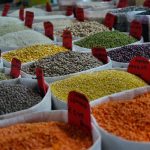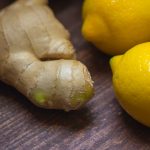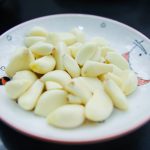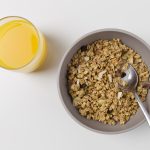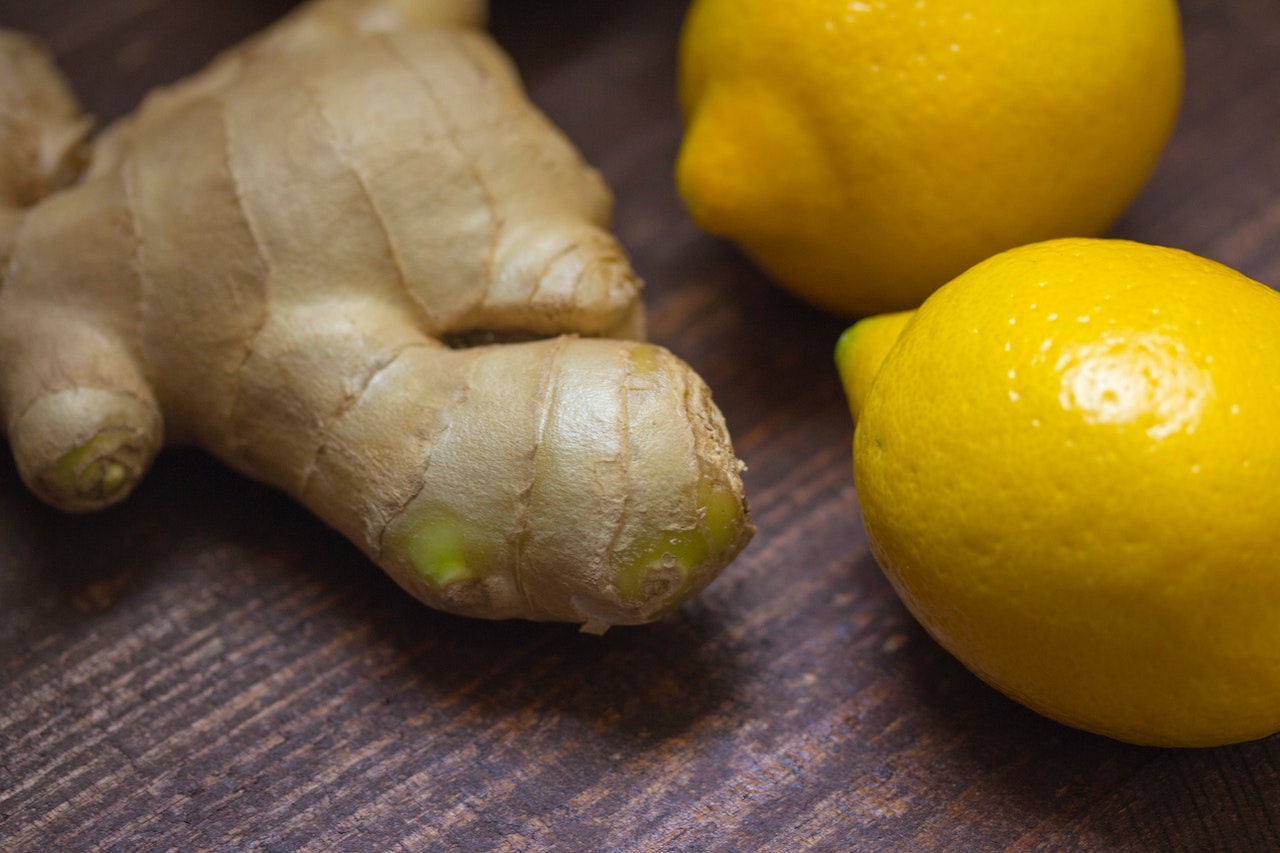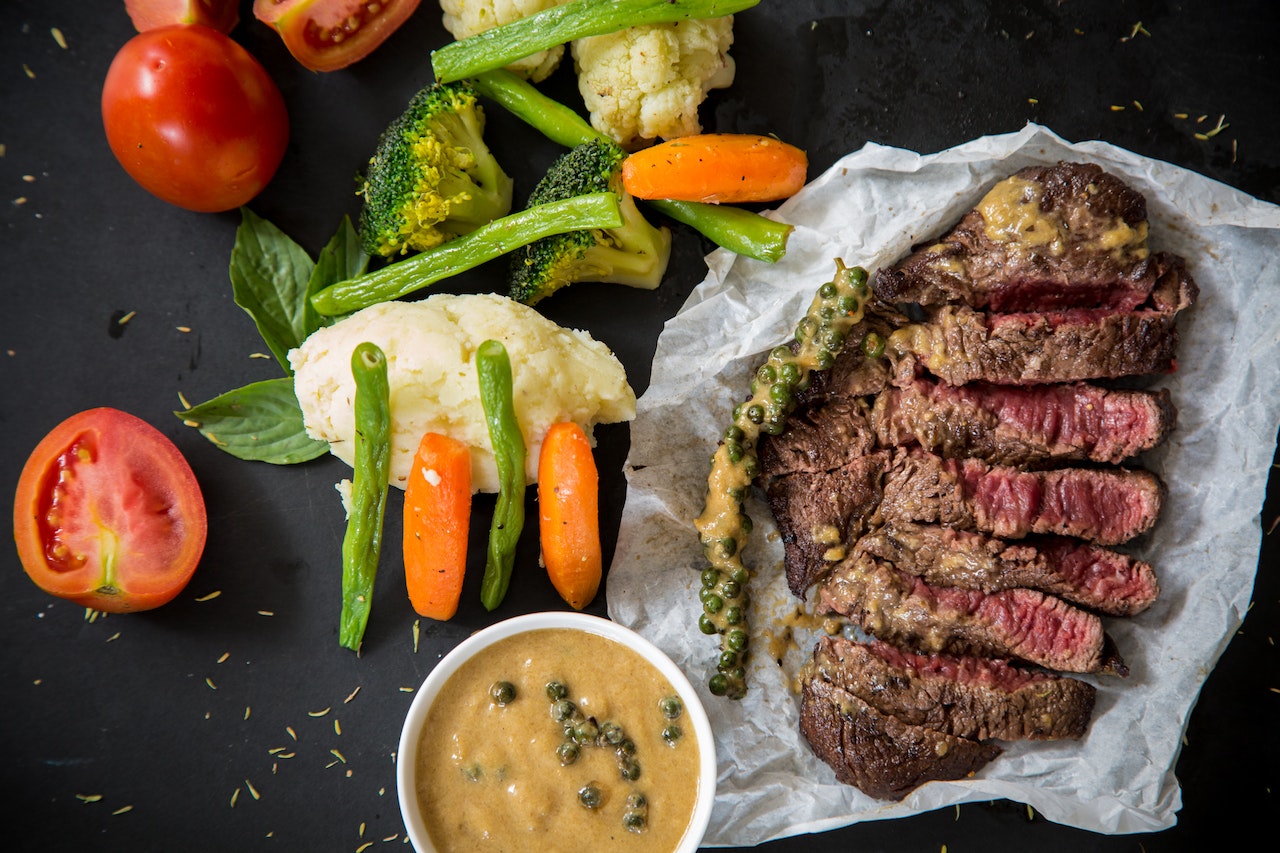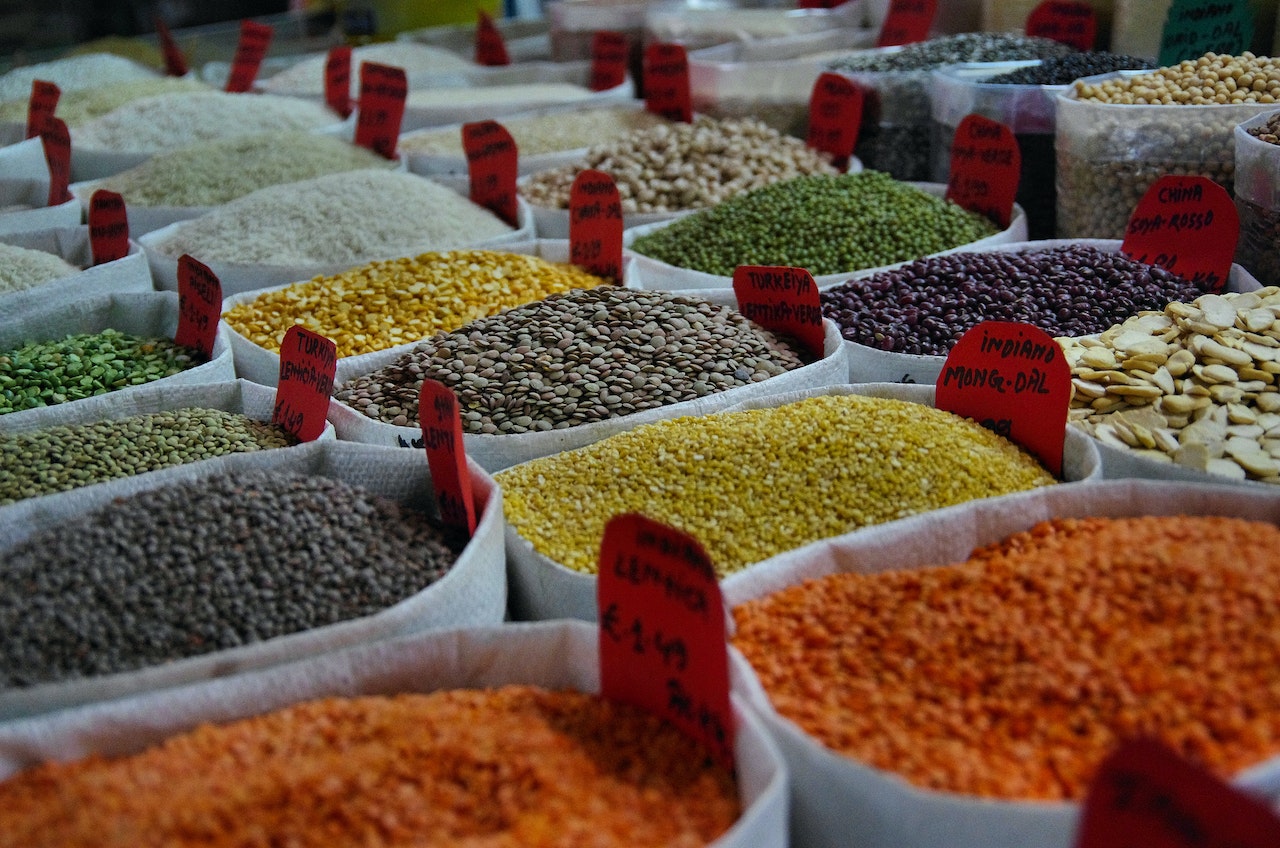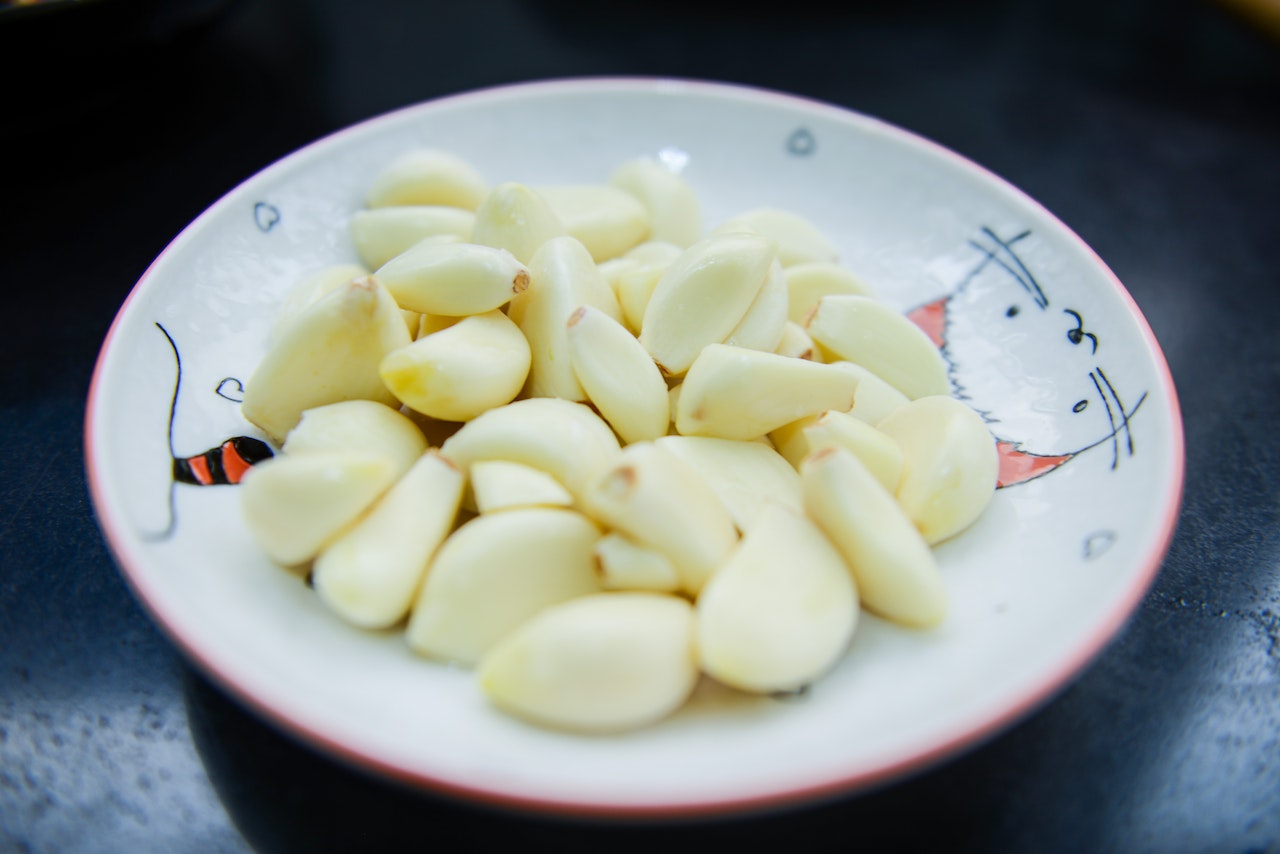Inflammation is the body’s natural response to injury or infection, playing a vital role in the healing process. However, chronic inflammation can lead to various health issues, including heart disease, arthritis, and autoimmune disorders. Fortunately, incorporating anti-inflammatory foods into your diet can help combat inflammation and promote overall well-being. In this article, we will provide a comprehensive list of anti-inflammatory foods that you can easily incorporate into your daily meals to support a healthy and balanced lifestyle.
- Berries
Berries, such as blueberries, strawberries, raspberries, and blackberries, are rich in antioxidants, particularly flavonoids and anthocyanins. These compounds have powerful anti-inflammatory properties, helping to neutralize harmful free radicals and reduce inflammation.
- Fatty Fish
Fatty fish, including salmon, mackerel, sardines, and trout, are excellent sources of omega-3 fatty acids. These healthy fats help lower levels of inflammatory markers in the body, promoting a healthy heart and reducing inflammation.
- Turmeric
Turmeric is a bright yellow spice containing curcumin, a potent anti-inflammatory compound. Curcumin has been extensively studied for its ability to reduce inflammation and may benefit conditions like arthritis and digestive disorders.
- Leafy Greens
Leafy greens like spinach, kale, collard greens, and Swiss chard are packed with nutrients, including vitamins, minerals, and antioxidants. Their high fiber content also aids in promoting a healthy gut, reducing inflammation in the digestive system.
- Olive Oil
Olive oil is a cornerstone of the Mediterranean diet, known for its anti-inflammatory properties. It contains monounsaturated fats and antioxidants that contribute to heart health and overall inflammation reduction.
- Tomatoes
Tomatoes are an excellent source of lycopene, a powerful antioxidant known for its anti-inflammatory effects. Cooking tomatoes or consuming them with healthy fats, like olive oil, can enhance the absorption of lycopene.
- Nuts and Seeds
Nuts and seeds, such as almonds, walnuts, chia seeds, and flaxseeds, are rich in healthy fats, protein, fiber, and antioxidants. They support heart health and help combat inflammation throughout the body.
- Ginger
Ginger is a spice with potent anti-inflammatory and antioxidant properties. Incorporating fresh ginger into your meals or drinking ginger tea can help reduce inflammation and soothe digestive discomfort.
- Garlic
Garlic contains sulfur compounds that have been shown to have anti-inflammatory effects. It also supports the immune system and promotes heart health.
- Green Tea
Green tea is abundant in catechins, a group of antioxidants that have anti-inflammatory properties. Drinking green tea regularly can contribute to reducing inflammation and supporting overall health.
- Avocado
Avocado is a nutrient-dense fruit rich in monounsaturated fats and antioxidants. It helps combat inflammation and supports cardiovascular health.
- Beets
Beets contain betalains, which are antioxidants with anti-inflammatory properties. Including beets in your diet can contribute to reducing inflammation and supporting detoxification.
- Sweet Potatoes
Sweet potatoes are a great source of beta-carotene, an antioxidant that helps combat inflammation and supports skin health.
- Onions
Onions contain quercetin, a flavonoid with anti-inflammatory and antihistamine properties. It may help alleviate allergy symptoms and reduce inflammation in the body.
- Pineapple
Pineapple contains bromelain, an enzyme with anti-inflammatory properties. Consuming pineapple can help reduce inflammation and aid in digestion.
- Broccoli
Broccoli is rich in sulforaphane, a compound with potent anti-inflammatory effects. It supports overall health and helps reduce oxidative stress in the body.
- Oranges
Oranges and other citrus fruits are packed with vitamin C and other antioxidants that help reduce inflammation and support a healthy immune system.
Incorporating anti-inflammatory foods into your diet is a natural and effective way to promote overall health and combat chronic inflammation. The list of anti-inflammatory foods mentioned above offers a wide variety of options to choose from, ensuring a diverse and nutrient-rich diet. By making conscious choices to include these foods in your daily meals, you can support your body’s natural defense mechanisms, reduce inflammation, and enhance your overall well-being. As with any dietary changes, it’s essential to maintain a balanced approach and consult with a healthcare professional for personalized advice, especially if you have specific health concerns or conditions. Embrace the power of anti-inflammatory foods, and embark on a journey towards a healthier and happier lifestyle.


